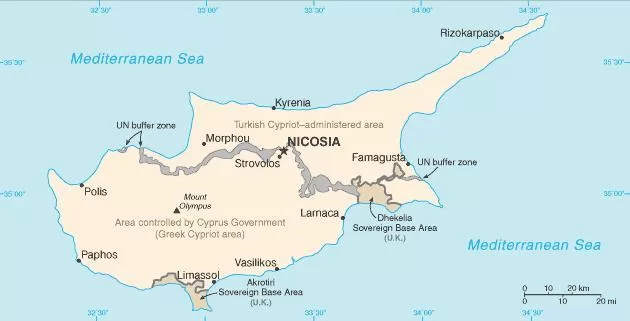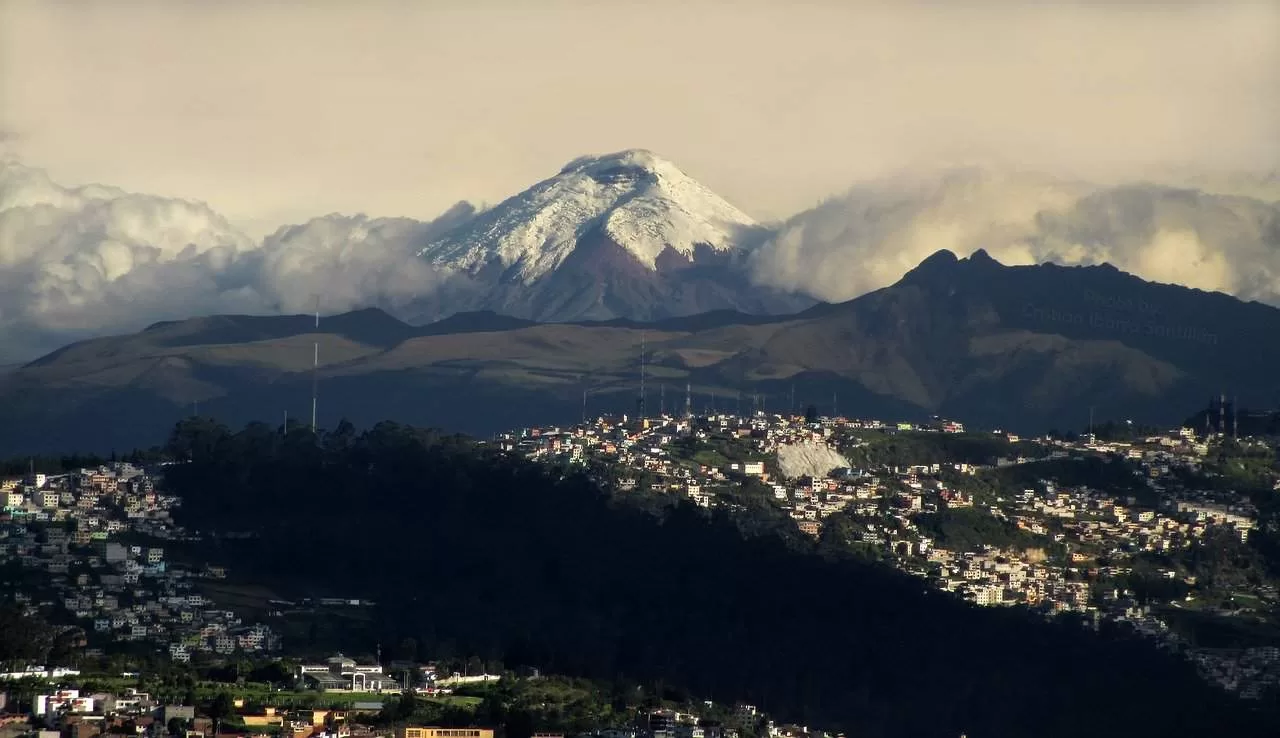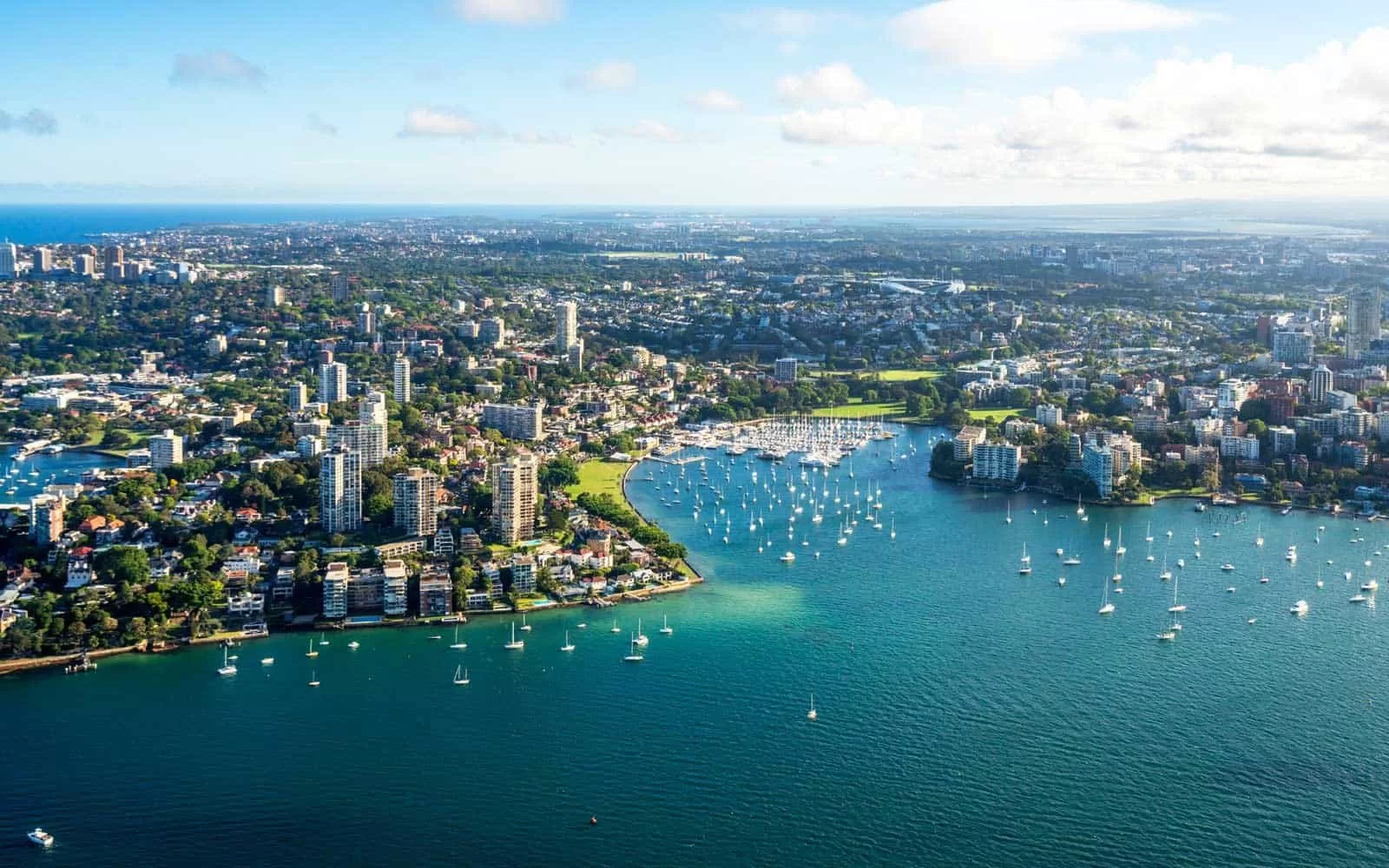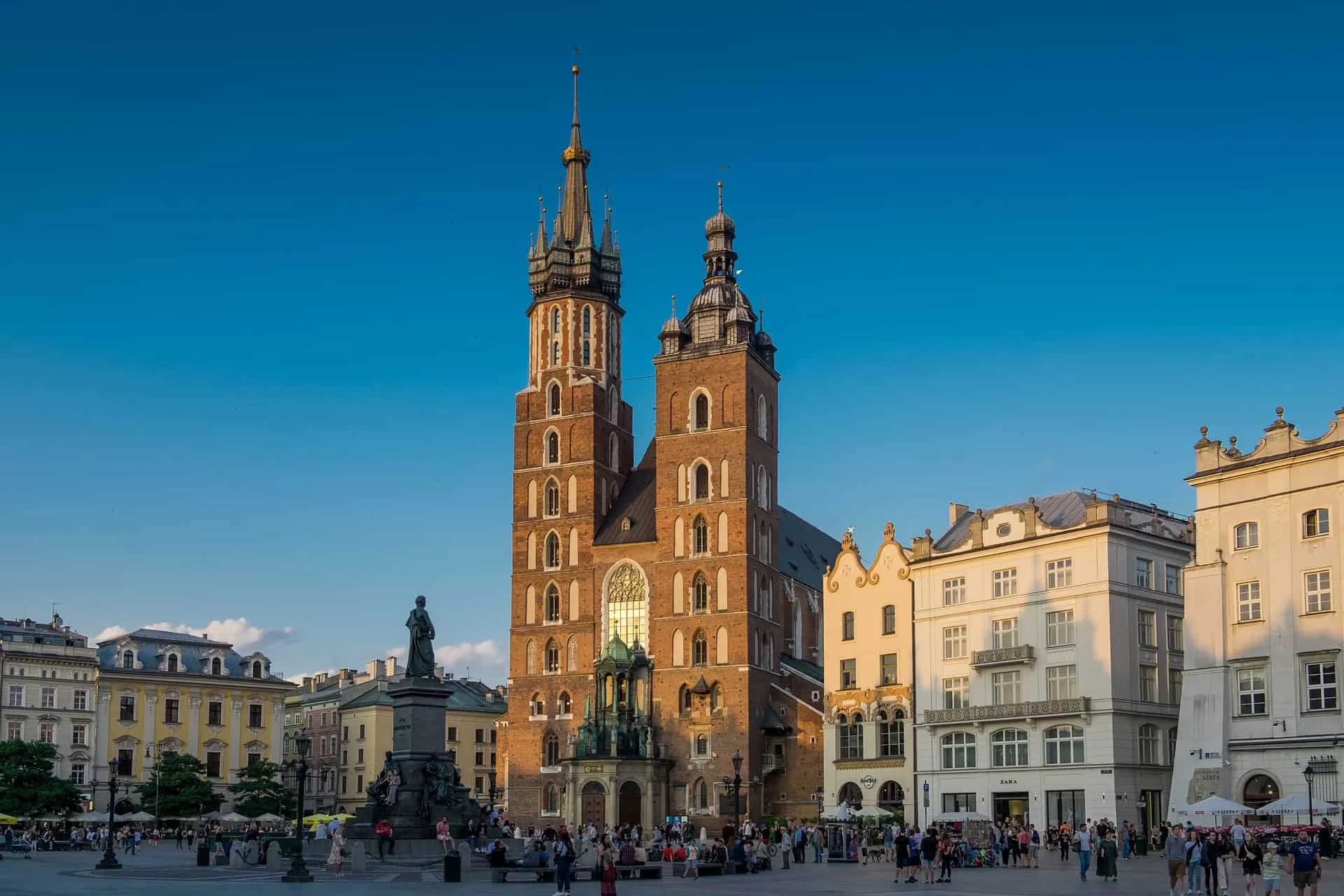
 Paphos, Cyprus. Let’s begin our story with Aphrodite, the Greek Goddess of Love, who was born here.
Paphos, Cyprus. Let’s begin our story with Aphrodite, the Greek Goddess of Love, who was born here.
Then we’ll talk about Audrey Hepburn, Lazarus, Richard the Lionheart, Walt Disney’s Snow White, and Shakespeare’s Othello before we get to the Museum of Barbarism.
The prologue to our story is that folks have been living in Cyprus for a really long time. So long that they were the first people in the world to domesticate cats over 9,000 years ago. A Neolithic village has been unearthed called Choirokoitia that’s surprisingly sophisticated for being 8,000 years old. It’s now a UN World Heritage Site.
 These folks worshipped a fertility goddess, as did the Mycenaean Greeks (the Greeks of Homer’s Iliad), who conquered the island in about 1,400 BC and merged the two deities into one, born fully adult from aphros, sea-foam.
These folks worshipped a fertility goddess, as did the Mycenaean Greeks (the Greeks of Homer’s Iliad), who conquered the island in about 1,400 BC and merged the two deities into one, born fully adult from aphros, sea-foam.
This was depicted in one of the most famous paintings of the Renaissance, Sandro Botticelli’s Birth of Venus (in 1486 – Venus being the Roman Aphrodite):
 There is an appropriately beautiful small bay on the southwest coast of Cyprus called the Rock of Aphrodite, where she stepped ashore – or so the ancient world believed.
There is an appropriately beautiful small bay on the southwest coast of Cyprus called the Rock of Aphrodite, where she stepped ashore – or so the ancient world believed.
 A little ways away is the Temple Sanctuary of Aphrodite, where pilgrims came from every Greek city and kingdom for 2,000 years to worship her.
A little ways away is the Temple Sanctuary of Aphrodite, where pilgrims came from every Greek city and kingdom for 2,000 years to worship her.
 Aphrodite was the goddess of love, desire, and fertility or having children. Few things were more important than that to people then as now. We think of Greek mythology as cool stories we learned as kids, but the ancient Greeks believed in and prayed to their deities just as fervently as any Christian, Jew, or Hindu today. Vast numbers of them prayed to Aphrodite more than any other.
Aphrodite was the goddess of love, desire, and fertility or having children. Few things were more important than that to people then as now. We think of Greek mythology as cool stories we learned as kids, but the ancient Greeks believed in and prayed to their deities just as fervently as any Christian, Jew, or Hindu today. Vast numbers of them prayed to Aphrodite more than any other.
Which may explain why – today – couples travel from all over the world to get married here. Marriage ceremonies and honeymoons are big business in Cyprus.
Back to ancient times. The Roman poet Ovid tells the story of a Greek sculptor who carved a marble statue of a woman so beautiful that he fell in love with it and prayed to Aphrodite to make her real – and she granted his wish. They had a son named Paphos, who founded the city of that name near Aphrodite’s Sanctuary – where I am writing this.
The name of the sculptor was Pygmalion. In 1912, George Bernard Shaw wrote a play with that name but with a modern twist to the myth, about a professor (Henry Higgins) who decides to transform (come alive) a cockney flower girl (Eliza Doolittle) into a lady of high society. In 1964, Shaw’s play was made into a movie, My Fair Lady, starring Audrey Hepburn.
The Greeks came to Cyprus not just for love, however. They came to mine copper, which the island had a lot of – so much so they called it Kypros, the land of copper, as did the Romans after them. The Latin word for copper was cyprium, the metal of Cyprus. The Romans later shortened this to cuprum – which is why the chemical symbol for copper is cu.
The Romans loved Cyprus for its perfect weather and perfect soil out of which they could abundantly and cheaply produce wheat, wine, and olive oil. And it was here that St. Paul came on his first missionary journey in 45 AD, converting the first Roman official to Christianity, Sergius Paulus, the Proconsul of Roman Cyprus at the capital of Paphos (Acts 13-6-13).
We all know the story told in John 11 of Jesus raising Lazarus from the dead. But what happened to Lazarus afterwards? He went to Cyprus where Paul appointed him Bishop of Kittim (present-day Larnaca) and he lived on for another 30 years. There is a beautiful church, the Agios Lazaros, built over his tomb:

When at the end of the 3rd century, the Roman Empire and Christianity split in two, Rome/Catholic and Byzantium (Constantinople)/Orthodox, Cyprus became part of the latter. The place prospered until Arab hordes showed up in the 650s trying to conquer it in the name of their rationale for imperialism, Islam. The Byzantine Cypriots fought them off for 800 years, but at great cost, with magnificent cities like Salamis destroyed…
 …and Arab Moslem raiders carrying off countless thousands over the centuries into slavery.
…and Arab Moslem raiders carrying off countless thousands over the centuries into slavery.
One benefit to posterity, however, is that Christian monks retreated from the Arab raids deep into the high Troodos (rhymes with produce) Mountains to build monasteries and churches adorned with magnificent art. The Painted Churches of Troodos are today a UN World Heritage site. The most famous is Kykko:

 Then in 1191, Isaac Komnenos, the King of Cyprus, made a big mistake. The fleet of Richard the Lionheart’s (1157-1199) Third Crusade was dispersed by a storm on the way to the Holy Land near Cyprus. Komnenos captured the ship carrying Richard’s fiancée, Princess Berengaria of Navarre, and held her hostage. You don’t do that to a guy nicknamed Lionheart.
Then in 1191, Isaac Komnenos, the King of Cyprus, made a big mistake. The fleet of Richard the Lionheart’s (1157-1199) Third Crusade was dispersed by a storm on the way to the Holy Land near Cyprus. Komnenos captured the ship carrying Richard’s fiancée, Princess Berengaria of Navarre, and held her hostage. You don’t do that to a guy nicknamed Lionheart.
Richard proceeded to conquer the whole island and turned it over to a group of French Catholic knights led by Guy de Lusignan. The knights built a series of fortified castles around the island to ward off the Moslem “Saracens.” The most spectacular was atop a vertiginous crag high above the port of Kyrenia named after a crazy hermit who lived near there whom the knights dubbed St. Hilarion.
When Walt Disney was making his classic Snow White and the Seven Dwarfs in 1937, he chanced upon pictures of St. Hilarion’s Castle, which his imagination transformed into the fairytale castle of the movie. Can you see how he got the idea?


 In 1473, Venice inherited the island via the Venetian widow of the last ruler descended from Guy de Lusignan. The Ottoman Turks had conquered Constantinople twenty years earlier (1453) and the Venetians had to build extraordinary walls of defense around Cypriot cities and ports from Ottoman raids.
In 1473, Venice inherited the island via the Venetian widow of the last ruler descended from Guy de Lusignan. The Ottoman Turks had conquered Constantinople twenty years earlier (1453) and the Venetians had to build extraordinary walls of defense around Cypriot cities and ports from Ottoman raids.
In 1506, Cristoforo Moro, grandson of a famous Doge (elected ruler) of the same name, was sent to be the Venetian Lord Lieutenant (governor) of Cyprus. He lived in a fortress in the port of Famagusta for two years – and when he returned to Venice in 1508 without his wife, rumors abounded that he had killed her for her infidelity. His wife’s name was Desdemona.
In 1570, the Moslem Ottomans finally conquered Cyprus, slaughtering tens of thousands of Christian Cypriots. So in 1604, when Shakespeare wrote his play Othello, he confused Venetian rule of Cyprus 100 years earlier with Turkish rule of his day, and the “Dark Moor” of Othello with the Venetian governor who happened to have a name meaning dark.
Thus, the fortress in Famagusta is, to this day, known as Othello’s Castle:
 Under the Ottomans, Cyprus fell off everyone’s chart and lapsed into poverty and neglect. Cypriots stuck to their religion, however, staying Christian while the only Moslems were Turkish immigrants.
Under the Ottomans, Cyprus fell off everyone’s chart and lapsed into poverty and neglect. Cypriots stuck to their religion, however, staying Christian while the only Moslems were Turkish immigrants.
By the 1870s, the Ottoman Empire was the “Sick Man of Europe” and ceded control of Cyprus to England. After WWI, it became a British Crown Colony which was granted full independence in 1960. And then the civil war began.
Turkish Cypriots, who had by now been living in Cyprus for 400 years, comprised one-third of the population, living mostly in the northern third of the island. They advocated taksim or partition of the island into separate Greek and Turkish realms. Greek Cypriots wanted enosis or autonomous union with Greece and them controlling the whole island.
Independence was supposed to be a democratic compromise with both Greek and Turkish communities having rights, as per an agreement between Britain, Greece, and Turkey. Almost immediately, atrocities broke out between both communities, predominately perpetrated by the Greeks.
And so it was that, driving down a street in Turkish Nicosia, I saw a small sign next to a small home that said Museum of Barbarism. There were horrifying pictures and descriptions by British eyewitness journalists of atrocities of Greeks upon Turks that would turn your stomach.
 In 1967, a military junta seized power in Greece and sponsored more fighting and atrocities, which became so intolerable by 1974 that Turkey launched a full-scale military invasion of northern Cyprus.
In 1967, a military junta seized power in Greece and sponsored more fighting and atrocities, which became so intolerable by 1974 that Turkey launched a full-scale military invasion of northern Cyprus.
The Greek junta fell from power (as did the government it had set up in Cyprus), the Turkish military consolidated control over the northern third of the island, and in 1984, Turkish Cypriots declared their independence for their region as The Turkish Republic of Northern Cyprus. The only country that diplomatically recognizes it in the world to this day is Turkey.
In Famagusta, the old part of the city is within the Venetian walls. The folks who lived there in 1974 were Turkish. Nearby is a mile-long paradisiacal beach called Varosha lined with resort hotels and condos. I walked along this beach with an elderly resident who spoke some English. He pointed to a building that towered over the beach.
“In 1974, Greek snipers were firing from the roof of this building and lobbying mortars into the old city where my wife and I lived,” he related. “We were saved by a Turkish fighter jet that bombed it in half, slicing it like cheese.”
The building – a condo complex – has never been reconstructed and stands today as it was bombed in 1974:
 Varosha epitomizes the absurd tragedy of Northern Cyprus. Prior to 1974, it was one of the most popular tourist destinations in the world, a favorite haunt of movie stars such as Elizabeth Taylor, Richard Burton, and Brigitte Bardot. Ever since 1974, the entire mile of hotels and condos along the Varosha beach are abandoned and empty. Varosha is a ghost town.
Varosha epitomizes the absurd tragedy of Northern Cyprus. Prior to 1974, it was one of the most popular tourist destinations in the world, a favorite haunt of movie stars such as Elizabeth Taylor, Richard Burton, and Brigitte Bardot. Ever since 1974, the entire mile of hotels and condos along the Varosha beach are abandoned and empty. Varosha is a ghost town.
 Every building you see, all the way in the distance and beyond, is a deserted ruin. Greek property claims keep it that way.
Every building you see, all the way in the distance and beyond, is a deserted ruin. Greek property claims keep it that way.
Southern Cyprus is riddled with resort complexes, like the one I’m staying at in Paphos. Here’s the view from my balcony:
 Tourists can fly directly to the airports at Paphos or Larnaca from two dozen cities in Europe. There are no direct flights whatsoever to Northern Cyprus. Greek political pressure demands that Northern Cyprus be shunned and isolated. No direct flights, no direct trade, none whatsoever. To get there, you have to fly via Turkey or cross over from the south via the one single border crossing in Nicosia.
Tourists can fly directly to the airports at Paphos or Larnaca from two dozen cities in Europe. There are no direct flights whatsoever to Northern Cyprus. Greek political pressure demands that Northern Cyprus be shunned and isolated. No direct flights, no direct trade, none whatsoever. To get there, you have to fly via Turkey or cross over from the south via the one single border crossing in Nicosia.
Traveling through the north and talking to people there can break your heart. These are decent friendly folks who just want to have their own lives. They are not full of anger and grudges, and they are sad that so many Greek Cypriots are. They just want the grudges to be gone.
This is not to take right-wrong/good-evil sides. Greek Cypriots, I’m sure, could cite any number of Turkish atrocities committed upon them. It is to take a stand that barbarism belongs in a museum – that grudges need to be over.
There is enough extraordinary beauty and history in Cyprus to go around. Yet Greek Cypriots refuse to share it with their Turkish counterparts. They engage in a total refusal to recognize the existence of Northern Cyprus, naming it in their maps “Area Under Turkish Occupation” – just like the Palestinian Arabs refuse to recognize Israel and call it the “Zionist Entity” instead.
The capital of both Southern/Greek and Northern/Turkish Cyprus is Nicosia – a divided capital with a military “Green Line” running through the city as a border. The historic center of Greek Nicosia has been taken over by an obnoxious infestation of Thai and Vietnamese hookers – “students” who happen to be all female talking loudly and constantly on their cell phones or to each other.
Greek Nicosia has an angry weird crummy energy. Turkish Nicosia doesn’t have this negative energy – and no Asian teeny-bopper whores.
The rest of Greek Cyprus is not like this. The energy is welcoming and friendly. Brits and Germans flock to Paphos, Russians and French flock to Limassol, businesspeople from the world over flock to Larnaca and all are welcome. It’s primarily in Nicosia where the politicians congregate that hatred and vengefulness festers.
Just past the Museum of Barbarism in Turkish Nicosia, there is an Adidas Superstore, a Samsung Digital Plaza with a wide selection of huge flat screen TVs, a Calvin Klein Jeans store, a very upscale Wine & Gourmet store, and a large billboard with a rotating sign advertising Jim Beam and Jack Daniels whiskey.
Women are dressed normally and casually for 70-degree weather, not like tarts, just normal, and there’s not a veil in sight, much less a burqa body bag. This is seriously Westernized Islam Lite. Turkish Cyprus is what we want a Moslem country to be – the Islamic opposite of fundamentalist Jihadism.
Back in Paphos, I advised my Greek Cypriot friends not to be sucked into the vortex of mainland Greek idiocy. Greek Cyprus chartered a far different path economically than Greece, being far more free market, business-friendly, and avoiding back-breaking debt paying off public-sector unions. The result is substantial Greek Cypriot prosperity.
Yet, not as much as there could be. “Throttling the economy of Turkish Cyprus hurts you as well,” I told them. “You can both flourish. Make money, not war. You’ll find out quickly how much money you and your fellow Cypriots in the north can make together once there’s peace and respected independence between you.”
At least they listened – especially to the “make money, not war” part.
I’m coming away from here with predominant memories of the beauty and potential of the entire island of Cyprus – of the vibrancy of the south, of the peacefulness and gentleness of the north. The classic port of Kyrenia is the picture I’ll remember best:
 That and the view of Kyrenia from the top of St. Hilarion’s Castle:
That and the view of Kyrenia from the top of St. Hilarion’s Castle:

It’s time for Greek Cypriots, who are flourishing, to let Turkish Cypriots flourish as well. It is simply not Christian of Greek Cypriots to want of Turkish Cypriots to either control their lives or ruin their lives.
Besides, it’s time for the irony to end, the ridiculous irony of grudges, hatred, spite, and a museum of barbarism on Aphrodite’s island of love.
All photos of Cyprus taken by Jack Wheeler
Upcoming Wheeler Expeditions – click for details on each:
September 13-October 2: Hidden Central Asia

October 8-October 18: Hidden Holy Land

November 3-November 10 & November 10-November 17: Himalaya Helicopter Expedition

Jack Wheeler is the founder of Wheeler Expeditions










